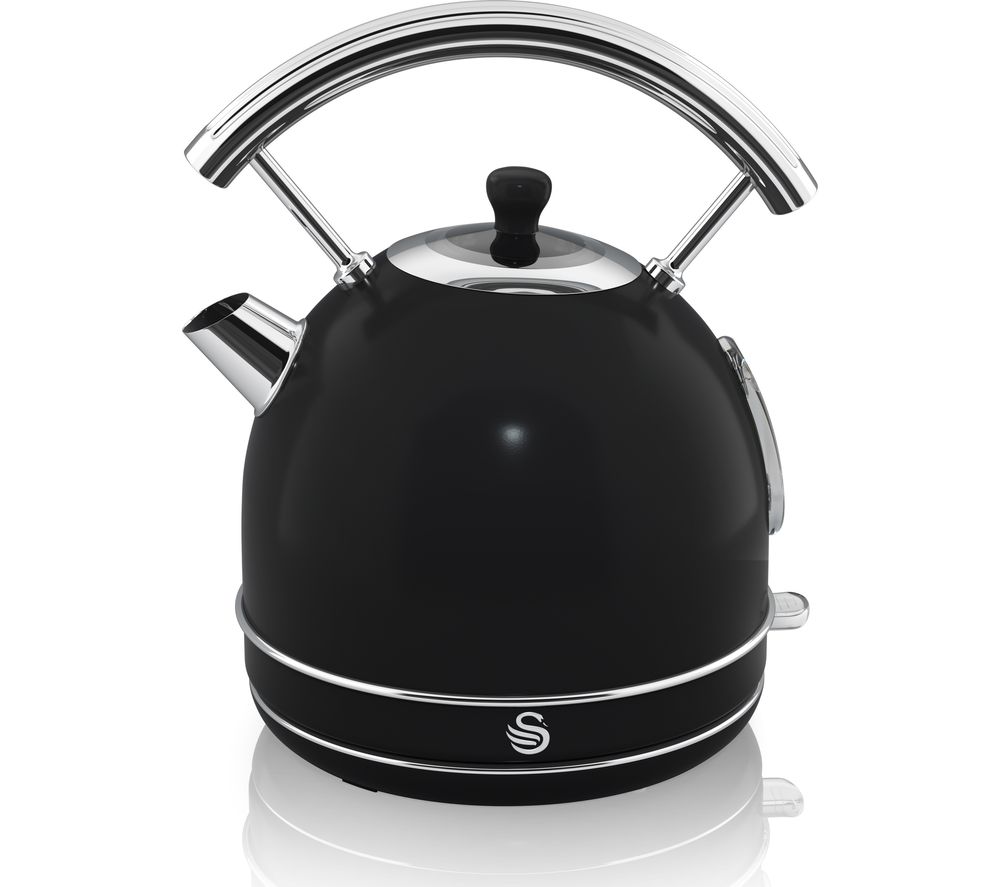Kettle black is an idiomatic expression in English that captures a situation where someone accuses another of a fault they themselves possess. This phrase, deeply rooted in history, has seamlessly integrated into everyday language. In this article, we will explore the origins of the phrase, its significance, and how it is applied in various contexts. Understanding this idiom can provide profound insights into human behavior and communication.
The idiom "kettle black" invites a thought-provoking discourse on hypocrisy and self-awareness. It serves as a gentle yet powerful reminder of our tendency to judge others while disregarding our own imperfections. This article will delve into the complexities of the phrase, its relevance in contemporary society, and its implications for interpersonal relationships and social interactions.
Beyond analyzing the phrase itself, we will also examine its historical backdrop and evolution over the years. By the end of this exploration, you will possess a thorough understanding of "kettle black," its practical applications, and the valuable lessons it imparts. Let’s embark on this journey together!
Read also:Exploring The Enchanting World Of Majo Wa Kekkyoku Sono Kyaku To
Table of Contents
- Understanding the Definition of Kettle Black
- Unveiling the Origins of the Phrase
- Exploring Its Usage in Everyday Language
- Examining Examples in Literature and Media
- Related Phrases and Idioms
- Psychological Insights Behind the Idiom
- The Modern-Day Relevance of Kettle Black
- Final Thoughts and Takeaways
Understanding the Definition of Kettle Black
The phrase "kettle black" refers to the act of projecting one’s faults onto others, accusing them of a flaw that one also harbors. It underscores the irony of criticizing others for behaviors or traits that one is equally guilty of. This idiom serves as a potent tool in discussions about morality, ethics, and self-awareness, making it a valuable expression in both casual and formal settings.
Unveiling the Origins of the Phrase
The idiom "the pot calling the kettle black" dates back to the 17th century. Historically, pots and kettles used in kitchens over open flames would become soot-covered, lending themselves to this metaphorical comparison. The phrase illustrates hypocrisy, symbolizing the act of one ‘pot’ (a person) criticizing another ‘kettle’ (another person) for being black (possessing a fault) when both are equally culpable.
Historical Context
This idiom has made appearances in numerous literary works throughout history. One of the earliest documented instances dates back to 1620 in Thomas Kyd's "The Spanish Tragedy." Over the centuries, the phrase has endured, adapting to the times while preserving its core meaning.
Exploring Its Usage in Everyday Language
The phrase "kettle black" is frequently employed in conversations, particularly when discussing hypocrisy. Its versatility allows it to be applied across a wide range of contexts, such as politics, personal relationships, and social commentary, making it a staple in modern discourse.
Examples of Usage
- In a heated political debate, a candidate may accuse their rival of corruption, only to be reminded of their own history of similar allegations.
- A parent may scold their child for leaving their room untidy, despite their own workspace being equally disorganized.
Examining Examples in Literature and Media
Literature and media frequently employ the phrase "kettle black" to highlight hypocrisy. Prominent examples include:
- George Orwell’s "Animal Farm," where characters accuse each other of betraying revolutionary ideals while themselves acting contrary to those principles.
- Television shows and films often depict characters who are quick to judge others, only to later expose their own flaws, creating dramatic irony.
Related Phrases and Idioms
Several idioms convey similar ideas, emphasizing the theme of hypocrisy. Some of these include:
Read also:Jung So Min The Legacy Of Family And The Entertainment Industry
- "People who live in glass houses shouldn't throw stones," which warns against criticizing others when one's own faults are equally visible.
- "Pot calling the kettle black," a variation of the phrase that reinforces the same concept.
Psychological Insights Behind the Idiom
From a psychological standpoint, the phrase "kettle black" aligns with the concept of cognitive dissonance. Individuals often experience discomfort when their actions conflict with their beliefs or values, leading them to project their faults onto others as a defense mechanism. This projection can manifest in various forms, including criticism and judgment of others for traits they themselves possess.
The Modern-Day Relevance of Kettle Black
In today's digital era, the concept of "kettle black" has gained even greater significance. Social media platforms amplify voices, enabling people to easily critique others while often neglecting their own shortcomings. This has fostered a culture of rapid judgment and diminished self-awareness, making the idiom particularly pertinent in contemporary discussions.
Final Thoughts and Takeaways
In summary, the phrase "kettle black" serves as a compelling reminder of the importance of self-reflection and awareness. By delving into its origins, usage, and implications, we can cultivate a more mindful approach to our judgments and criticisms of others. We encourage you to share your thoughts in the comments section below and explore additional articles on language and communication.
We hope this exploration of "kettle black" has been both informative and engaging. The next time you find yourself inclined to judge, consider whether you might be guilty of the same behavior. Thank you for reading, and we eagerly anticipate your return!


